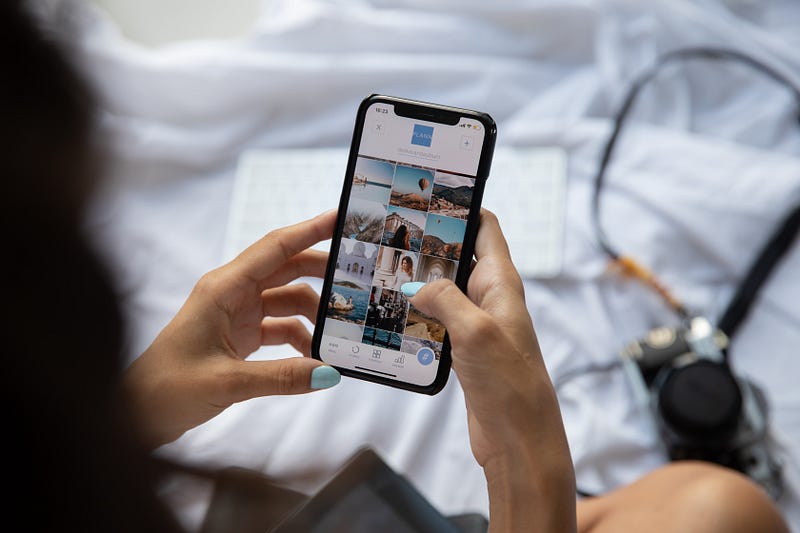The Detrimental Effects of Phubbing on Relationships and Well-Being
Written on
Chapter 1: Understanding Phubbing
Phubbing, a term that combines “phone” and “snubbing,” refers to the act of ignoring someone in favor of a mobile device. This troubling social behavior is increasingly damaging our connections with others.

Garrison Keillor, famed for his portrayal of Lake Wobegon, humorously suggested that everyone there is above average. In a similar yet contradictory fashion, most American smartphone users believe their phone habits are below the norm—a statistical impossibility.
Crunching the Numbers
Recent research from the global technology company Asurion revealed that Americans check their phones an astonishing 96 times daily, averaging once every ten minutes. Young adults aged 18 to 24 exhibit an even higher frequency, doubling this average. Surprisingly, almost 90% of Americans feel disrespected when someone checks their phone during a conversation, yet a staggering 75% admit to doing it themselves.
Impact on Health and Longevity
Can excessive phone use shorten our lives? Studies suggest that it can. High phone usage elevates cortisol, a stress hormone, potentially jeopardizing long-term health. A New York Times article highlighted how habitual phone checking leads to sustained cortisol levels, which can impair brain function and promote dangerous behaviors, such as texting while driving. Moreover, checking phones before sleep can disrupt rest patterns, perpetuating the cycle of stress.
Improving Relationships by Reducing Phone Use
The etiquette surrounding phone use significantly influences relationship quality. The sound of a text notification or a glance at a phone can quickly stifle a conversation. This behavior, known as phubbing, has serious repercussions on interpersonal connections.

Kosta Kushlev, a psychology professor at Georgetown University, investigated this phenomenon due to his own experiences. His 2017 study demonstrated that merely having phones nearby—regardless of whether they were in use—diminished social enjoyment. A subsequent 2018 study by Kushlev's team found that having smartphones present led to fewer genuine smiles, suggesting that the mere presence of a phone can detract from meaningful interactions. John Hunter, a PhD candidate working with Kushlev, noted that when a phone is visible, the other person may feel undervalued in the conversation.
Phubbing adversely affects romantic relationships as well; when one partner is distracted by their phone, overall relationship satisfaction declines. This behavior is equally damaging in parent-child dynamics, where increased phone use by parents correlates with feelings of isolation and depression.
In the documentary Public Figure, psychologist Greg Kushnick argues that phubbing undermines our capacity to forge positive memories. He explains that being absorbed in social media or taking multiple photos detracts from the present moment, hampering our ability to create lasting memories.
Committing fully to conversations enhances their significance and enjoyment. So, as the holiday season approaches, consider setting aside your phone for a while to cherish the company of loved ones. You may even find that it contributes to a longer, healthier life.
Chapter 2: The Science of Phubbing
Phubbing’s impact extends beyond mere social faux pas; it affects our overall well-being and interpersonal relationships.
The first video title is Phubbing: What is it and how it's impacting daily life - YouTube, which delves into the everyday implications of this behavior and its effects on social interactions.
The second video title is The Science of Phubbing: How it Destroys Your Kids and Relationships - YouTube, providing insights into the broader psychological and emotional consequences of phubbing on families and relationships.